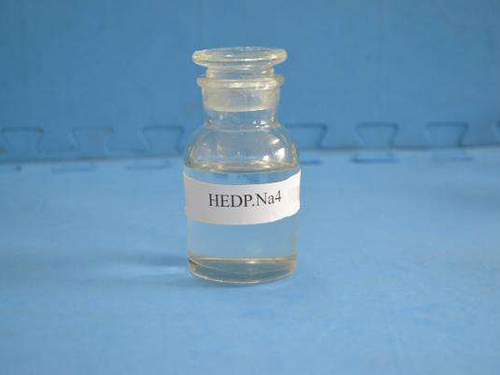scale inhibitor
The Importance of Scale Inhibitors in Industrial Applications
In various industrial processes, particularly in water treatment and cooling systems, the formation of scale can lead to significant operational challenges and efficiency losses. Scale primarily consists of mineral deposits, such as calcium carbonate and magnesium sulfates, that precipitate out of solution and adhere to surfaces, ultimately impeding flow and heat transfer efficiency. To combat this pervasive problem, the use of scale inhibitors has become increasingly critical in maintaining the efficiency and longevity of industrial equipment.
Scale inhibitors are chemical agents specifically designed to prevent or reduce the formation of scale on surfaces within water systems. By modifying the properties of scale-forming minerals in solution, these molecules disrupt the crystallization processes necessary for scale formation. When properly applied, scale inhibitors can enhance the overall performance of water systems by minimizing downtime for maintenance, reducing energy consumption, and extending the lifespan of equipment.
One of the most common scale inhibitors is polyphosphate, which works by sequestering calcium and magnesium ions, preventing them from combining and forming solid deposits. Another prominent category includes organophosphonates and phosphonocarboxylic acids, which not only inhibit scale formation but also possess dispersing properties that help keep scale particles suspended in solution, thus preventing them from settling on surfaces. The choice of scale inhibitor often depends on the specific characteristics of the water being treated, including its temperature, pH, and the types of minerals present.
scale inhibitor

In addition to their functional benefits, scale inhibitors can also improve the overall efficiency of water systems. For instance, in cooling towers, the accumulation of scale can drastically reduce heat transfer efficiency, forcing systems to work harder to achieve desired cooling outputs. By employing scale inhibitors, facilities can maintain optimal thermal performance, thereby lowering energy costs and enhancing operational sustainability.
Another vital application of scale inhibitors is in the oil and gas industry, particularly during processes such as hydraulic fracturing and water flooding. The high salinity and mineral content of reservoir waters can lead to rapid scale formation in pipelines and equipment. The use of scale inhibitors in these scenarios not only protects the infrastructure but also ensures the efficient extraction of resources, minimizing operational disruptions.
Moreover, environmental considerations have spurred innovations in scale inhibitor formulations. Biodegradable and eco-friendly alternatives are being developed to reduce the ecological impact of chemical treatments. This shift towards greener chemicals reflects a broader industry trend towards sustainability and responsibility in industrial practices.
In conclusion, scale inhibitors play a pivotal role in various industrial processes by preventing scale formation and ensuring the efficient operation of water-based systems. Their ability to enhance performance, reduce maintenance costs, and prolong the lifespan of equipment makes them an invaluable asset in sectors ranging from water treatment and cooling systems to oil and gas extraction. The continued development of more effective and environmentally friendly scale inhibitors will further enhance their significance in modern industrial applications, highlighting the need for ongoing research and innovation in this critical area.
-
lk-319-special-scale-and-corrosion-inhibitor-for-steel-plants-advanced-solutions-for-industrial-water-systemsNewsAug.22,2025
-
flocculant-water-treatment-essential-chemical-solutions-for-purification-processesNewsAug.22,2025
-
isothiazolinones-versatile-microbial-control-agents-for-industrial-and-consumer-applicationsNewsAug.22,2025
-
scale-inhibitor-key-solutions-for-water-system-scale-preventionNewsAug.22,2025
-
organophosphonates-versatile-scale-inhibitors-for-industrial-water-systemsNewsAug.22,2025
-
scale-and-corrosion-inhibitor-essential-chemical-solutions-for-water-system-maintenanceNewsAug.22,2025





